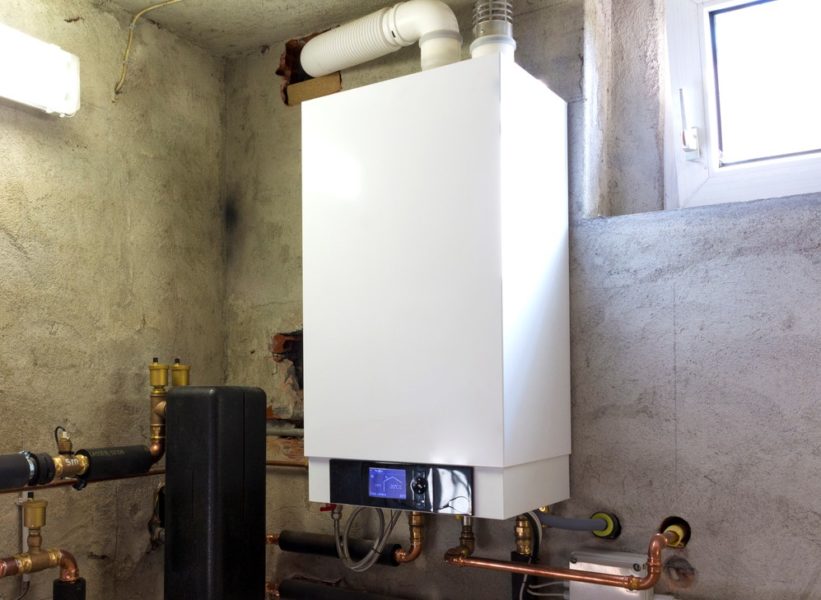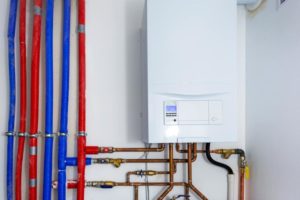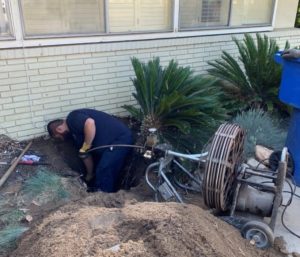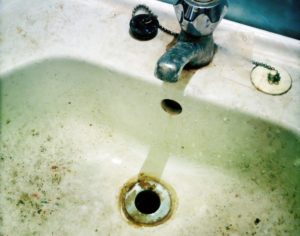Something is relaxing about stepping into a nice hot shower. Warm water can ease tense muscles and make you feel better almost instantly. Finding yourself waiting longer and longer for hot water, or that you have no hot water at all, can be quite inconvenient. These issues point to a problem with your water heater. Below are seven reasons why your water heater might not be working.
No Pilot Light
If you have a gas water heater, there’s a pilot light. This is what ignites the burner. A thermocouple keeps the pilot light lit. The light keeps the thermocouple hot, which keeps the gas valve open. If the pilot light goes out, the gas valve closes, which prevents a dangerous buildup. It also means that you have no hot water. Sometimes, the thermocouple can fail, which would cause the pilot light to go out. A draft could blow the light out as well. In some cases, the control knob may be switched off.
Sediment Buildup in the Water Heater
Over time, sediment can accumulate in the water and harden at the bottom of your water heater. When this happens, it becomes more difficult for the water heater to heat your water properly. To prevent buildup, it’s recommended that you clean your water heater every few months. You may also be able to combat sediment buildup by adding a water softening agent.
Burnt Out Heating Element
If you notice that your water isn’t getting as hot as it should, or that you don’t have enough hot water, it could indicate a problem with a heating element. Many water heaters have two separate components. If one of them goes out, these issues can then develop. If the second heating element goes out, you will then be left with only cold water. Heating elements may fail because they burn out. Sometimes, however, they can go out simply because of a tripped circuit breaker, so make sure to check your fuse box.
A Broken Dip Tube
The dip tube is a plastic pipe that brings cold water down to the bottom of the tank so that it can be heated. If the dip tube gets cracked or broken, cold water is then able to leak into the hot water at the top of the tank. When this happens, your hot water is cooled. When you turn on the hot water anywhere in your house, you might notice that the water isn’t as hot as you’re used to it being.
A Failing Temperature and Pressure Relief Valve
The temperature and pressure relief valve also referred to as the TPR, is a safety feature on water heaters. The TPR is meant to relieve excess pressure in the water heater if the water gets too hot. Failure of the TPR can lead to severe problems. Your water heater could explode, which could damage your home or harm someone inside. TPR valves should never be capped off. Doing so could result in dangerously high pressure. It’s recommended to have the TPR tested annually. If you notice that it’s leaking, it’s imperative that you get it replaced as soon as possible.
No Power
Sometimes, issues with water heaters can be quite straightforward. If you have an electric water heater that isn’t giving you any hot water, check your circuit box. Sometimes a blown fuse or tripped breaker can be the cause. There’s a safety switch located near the thermostat. If the switch is off, it can result in no hot water. Your power cord may also be the culprit. If it’s damaged or unplugged, you won’t have any hot water. For those with gas water heaters, you might not be getting any hot water because you don’t have any gas.
Your Water Heater is Old
Just like any other appliance in your home, your water heater ages. As it gets older, parts can wear out, which can then affect its ability to produce sufficient, if any, hot water. Repairs may be possible, but they can add up. Most water heaters typically last about ten years. If your water heater is starting to approach that age and is starting to experience more and more complications, it may be time to consider replacing it. It’s recommended that you start looking for a new water heater if yours is over the age of seven. If you’re not sure what type of water heater to replace your old one with, your plumber will be able to help determine what model and size are best to suit the needs of your family.
Final Thoughts
Not having hot water can be a significant problem for your family. If your water heater isn’t working, it’s time to call your local heating and plumbing experts. If you are in the Inland Empire area give us a call and we can look at your situation. Our experienced technicians can get to the root of the problem and fix it, giving you your hot water back.




